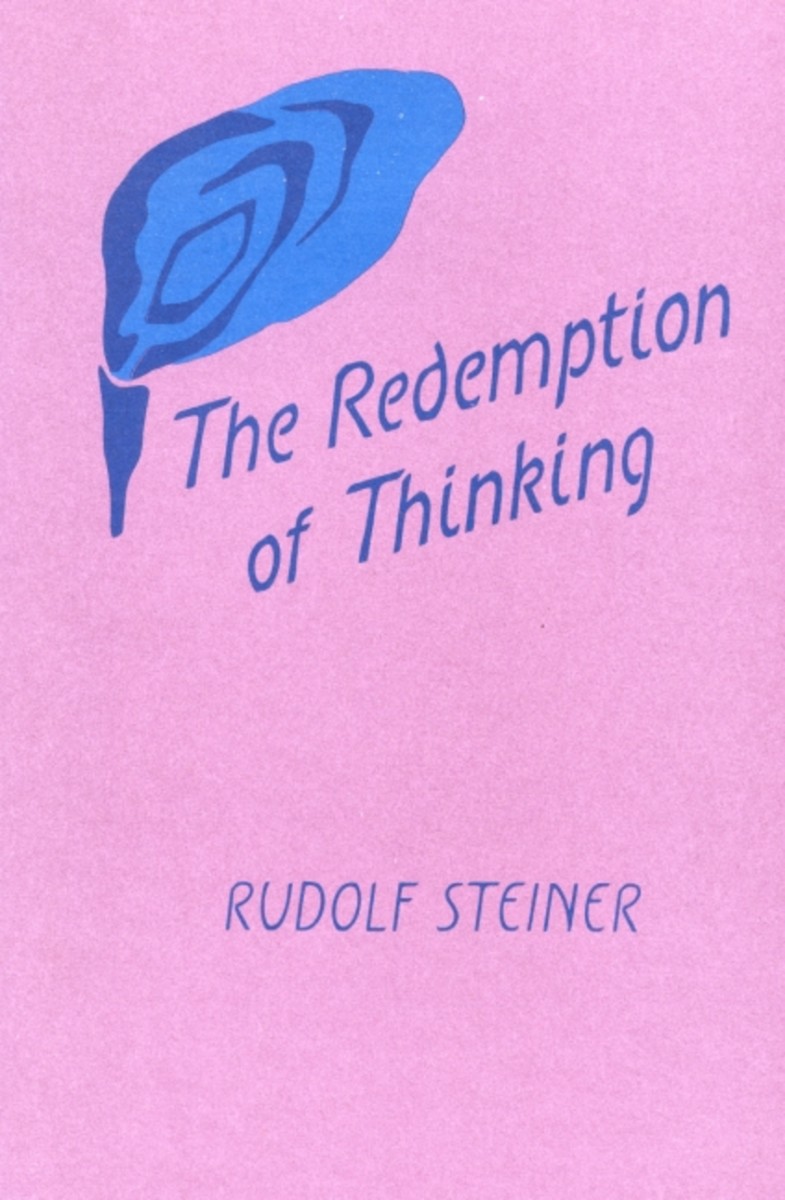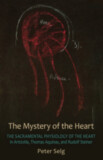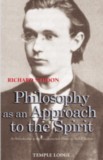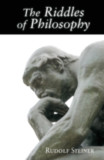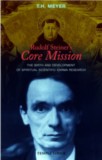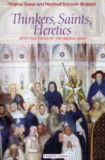The Redemption of Thinking
A Study in the Philosophy of Thomas Aquinas (CW 74)
- Publisher
SteinerBooks - Published
1st April 1983 - ISBN 9780880100441
- Language English
- Pages 198 pp.
3 lectures, Dornach, May 1920 (CW 74)
Steiner begins these three lectures by depicting the background of early Christian thought, from which scholastic philosophers arose. He focuses on the "unanswered question" of the scholastic movement: How can human thinking be made Christlike and develop toward a vision of the spiritual world?
A study of subsequent European thought, especially that of Kant, leads to the possibility of deepening into spiritual perception the scientific thinking that arose from scholasticism. Steiner explains that, since the beginning of the twentieth century, this is true Christianity.
This volume is a translation of Die Philosophie Des Thomas von Aquino (GA 74).
C O N T E N T S:
The Hymn of Boethius
Introduction
Prayer of Thomas Aquinas
Three Lectures on the Philosophy of Thomas Aquinas
1. Thomas and Augustine
2. The Essence of Thomism
3. Thomism in the Present Day
Epilogue
Appendices
Rudolf Steiner
Rudolf Steiner (b. Rudolf Joseph Lorenz Steiner, 1861–1925) was born in the small village of Kraljevec, Austro-Hungarian Empire (now in Croatia), where he grew up. As a young man, he lived in Weimar and Berlin, where he became a well-published scientific, literary, and philosophical scholar, known especially for his work with Goethe’s scientific writings. Steiner termed his spiritual philosophy anthroposophy, meaning “wisdom of the human being.” As an exceptionally developed seer, he based his work on direct knowledge and perception of spiritual dimensions. He initiated a modern, universal “spiritual science” that is accessible to anyone willing to exercise clear and unbiased thinking. From his spiritual investigations, Steiner provided suggestions for the renewal of numerous activities, including education (general and for special needs), agriculture, medicine, economics, architecture, science, philosophy, Christianity, and the arts. There are currently thousands of schools, clinics, farms, and initiatives in other fields that involve practical work based on the principles Steiner developed. His many published works feature his research into the spiritual nature of human beings, the evolution of the world and humanity, and methods for personal development. He wrote some thirty books and delivered more than six thousand lectures throughout much of Europe. In 1924, Steiner founded the General Anthroposophical Society, which today has branches around the world.


